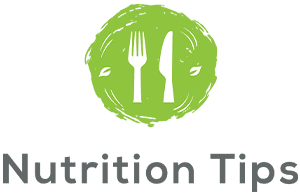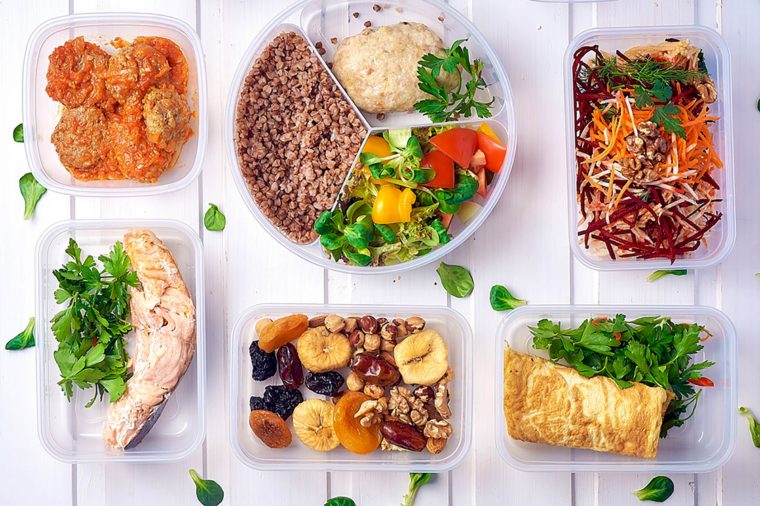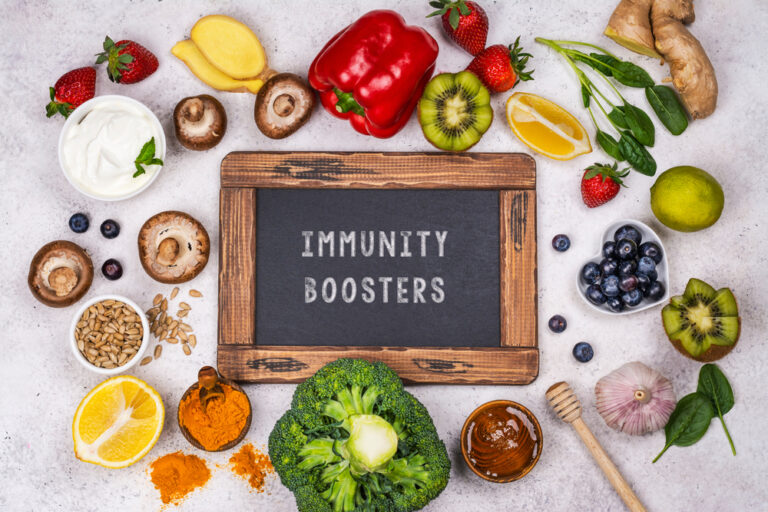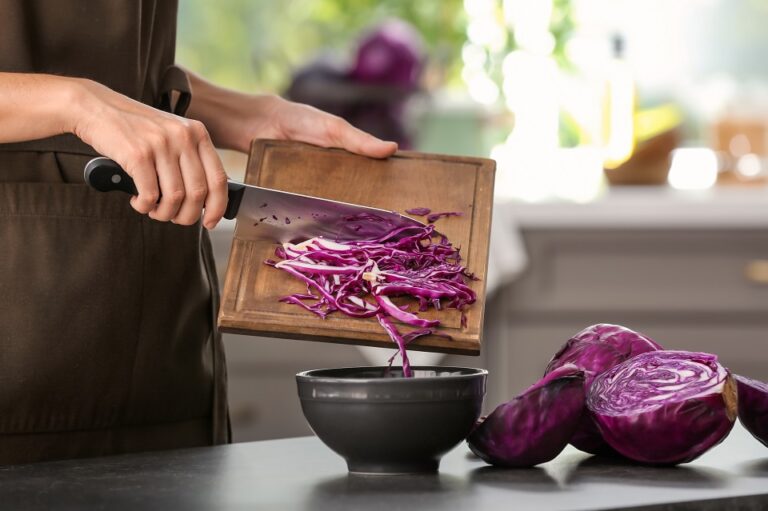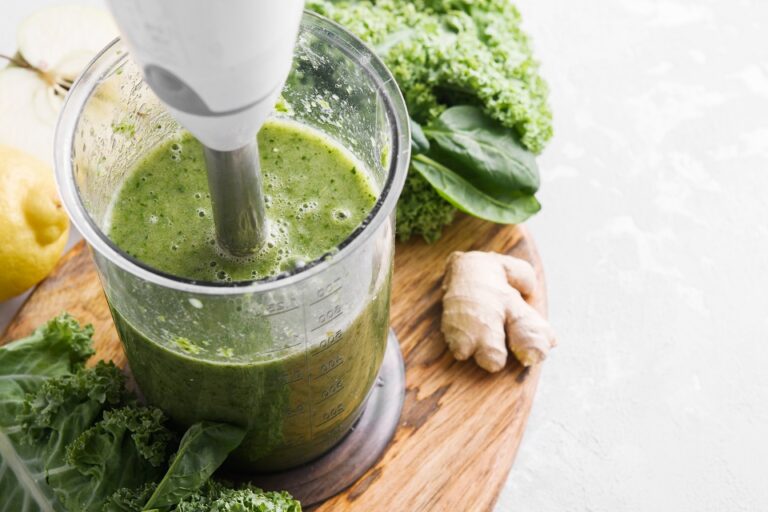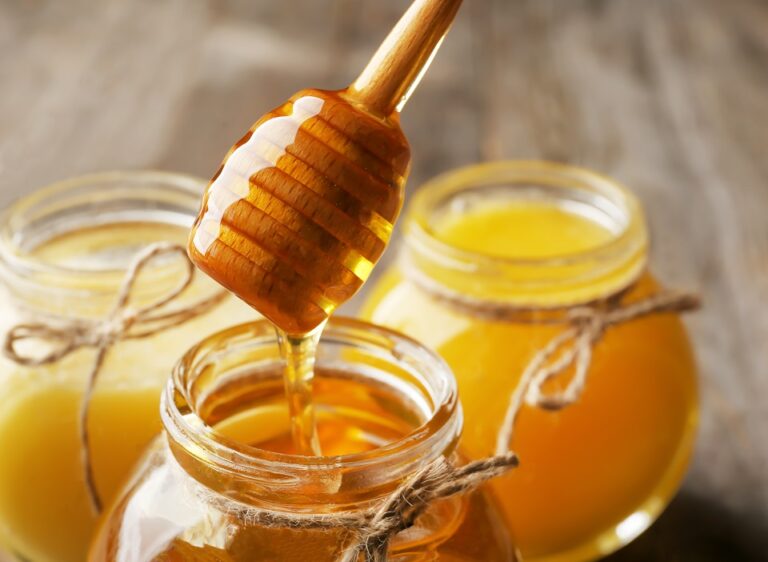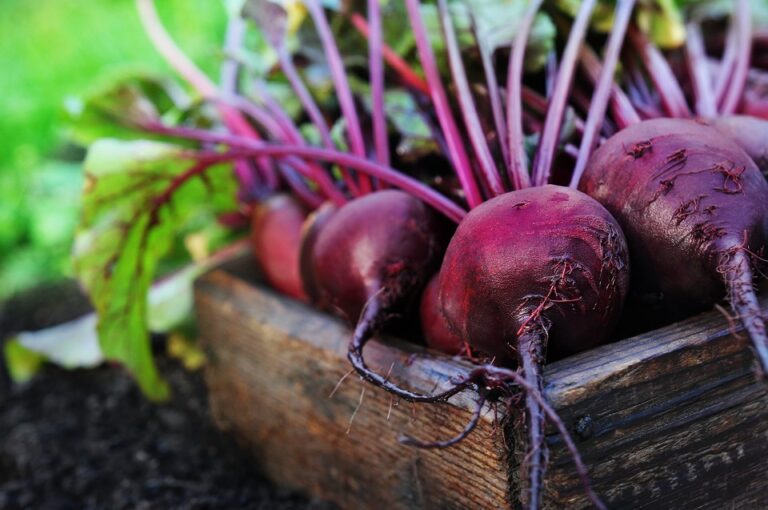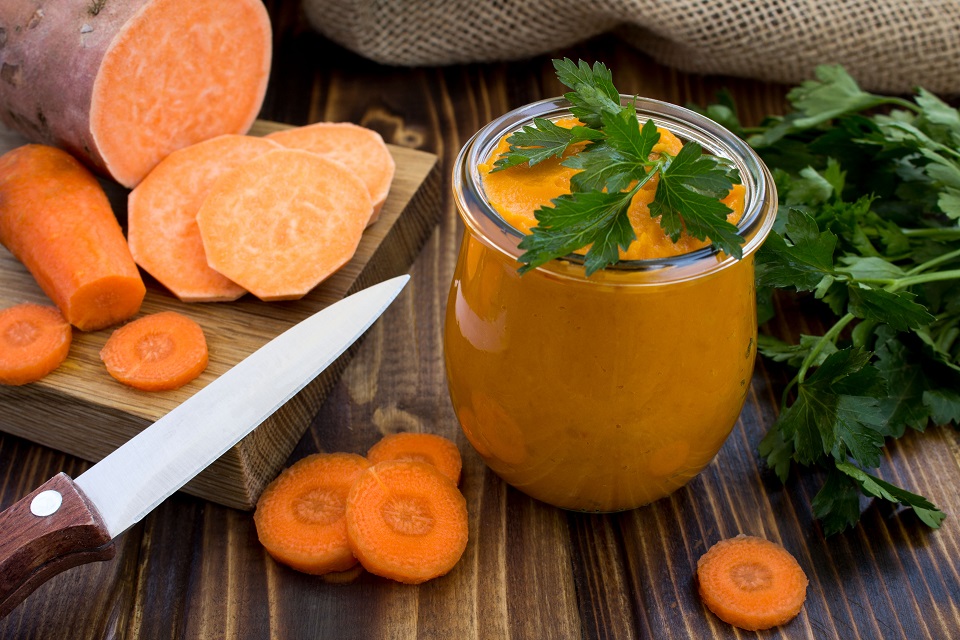
6. Veggie Variety Diet
As the name suggests, you’ll have to eat a lot of veggies. “This probably reflects combined protection from the many different nutrients and compounds they contain,” Collins says. “A cancer-fighting diet includes at least five servings of vegetables and fruits each day, and once you have that habit established, including more will help reduce cancer risk even further.”
According to a recent AICR report, consuming non-starchy vegetables on a regular basis minimizes the risk of colorectal cancer because they maximize the consumption of dietary fiber, and other aerodigestive cancers (esophageal; mouth, pharynx and larynx; lung; and stomach cancers).
Also, vegetables that are rich in carotenoids such as asparagus, sweet potatoes, carrots, broccoli, spinach, and tomatoes have been linked to reduced risk of lung and estrogen receptor-negative (ER-) breast cancers.
“Carotenoids act as antioxidants themselves and stimulate the body’s own antioxidant defenses, decreasing free radical damage to DNA that can lead to cancer,” Collins says. “Beta-carotene and lutein promote cell-to-cell communication that helps control cell growth, increase carcinogen-metabolizing enzymes, and stimulate self-destruction of abnormal cells.”
The veggies that are rich in vitamin C (peppers, parsley, kale, broccoli, cauliflower) have been linked to reduced risk of lung cancer in those who smoke, as well as colon cancer.
“Vitamin C is also a powerful antioxidant. In lab studies, it protects cells’ DNA by trapping free radicals, and it helps renew the antioxidant ability of Vitamin E” she says in reference to a 2019 review. “In cell studies, vitamin C also inhibits formation of carcinogens and supports the immune system.”
The last type of veggies, the cruciferous ones such as broccoli, Brussels sprouts, cabbage, and cauliflower have also been linked to a reduced risk of breast cancer, however, more studies are needed.
“Cruciferous vegetables provide glucosinolates compounds that are broken down into isothiocyanates (such as sulforaphane) and indoles,” Collins says. “In laboratory studies, these compounds decrease inflammation that could cause cell damage leading to cancer. They also inhibit enzymes that activate carcinogens and stimulate enzymes that deactivate carcinogens. These compounds turn on tumor suppressor genes, slow abnormal cell growth and stimulate self-destruction of abnormal cells.”

